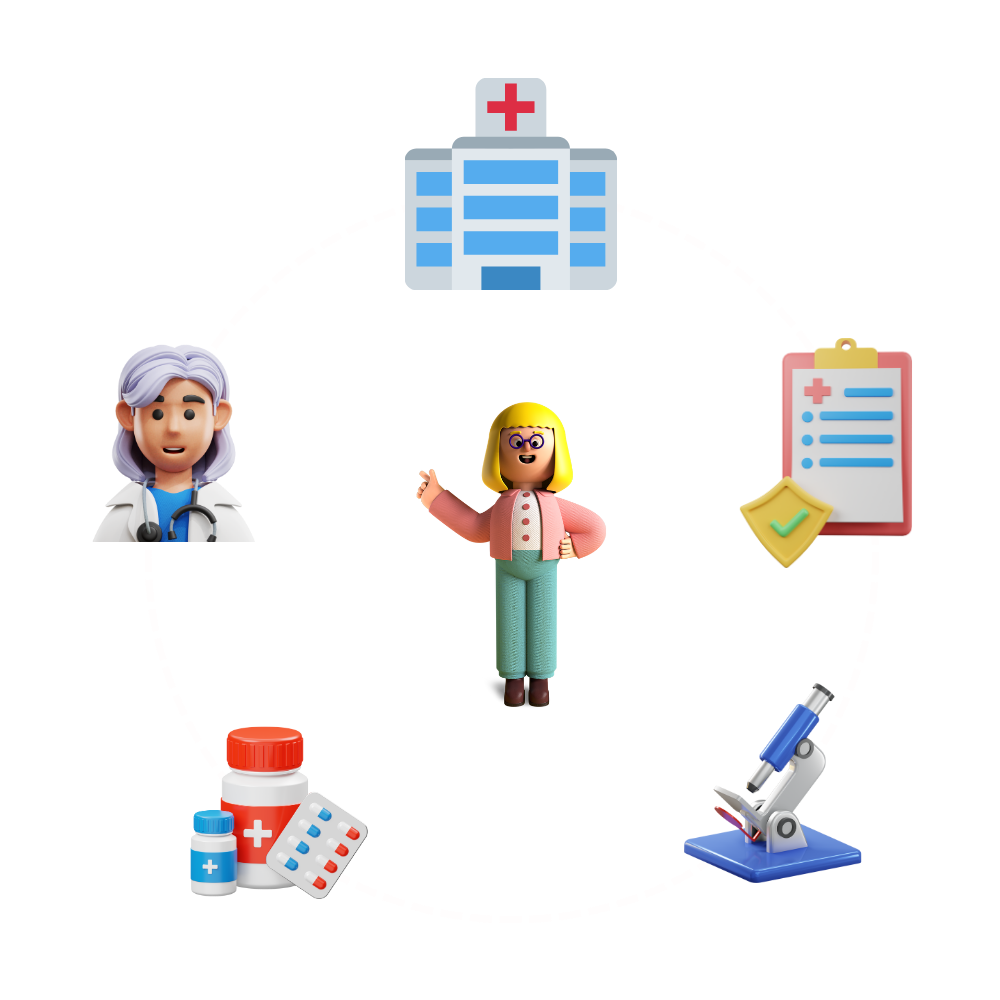A general surgeon is a medical doctor who specializes in the field of surgery and is trained to perform a wide range of surgical procedures to treat a variety of conditions and diseases. They are trained to diagnose and treat conditions involving the skin, soft tissues, bones, and organs of the body, including the digestive system, the abdominal organs, the breast, the skin, and the endocrine system.
Some of the specific responsibilities of a general surgeon include:
- Diagnosing and treating conditions that require surgical intervention
- Performing surgical procedures such as appendectomies, gallbladder removals, hernia repairs, and colon resections
- Performing diagnostic procedures such as biopsies and endoscopies
- Monitoring patients' conditions before, during, and after surgery and managing any complications that may arise
- Coordinating care with other healthcare professionals, such as primary care physicians and specialists, to provide comprehensive care for patients
- Providing education and counseling to patients and their families about surgical options and post-operative care
General surgeons typically work in hospitals, clinics, or private practice and may also conduct research in the field of surgery. They may also be responsible for providing emergency care in some cases.
 Drlogy
Drlogy




